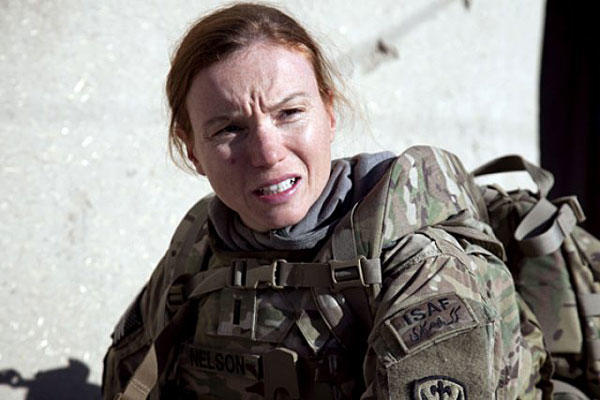The commander of U.S. Special Operations Command said today that his recommendation on women serving in direct-action combat units would be ready in days.
Gen. Joseph Votel would not talk directly about the recommendation, but said that diversity was extremely valuable to special operations forces.
"I expect to get our recommendation on the behalf of SOCOM to the secretary of defense probably here in the next week," Votel told an audience at the 2015 Maneuver Conference at Fort Benning, Ga. "I will tell you from a SOF standpoint, from a SOCOM standpoint, we value people. People are our most important resource.
"We are an organization that the nation expects to be able to go out and work in a variety of different areas with a variety of different people. And so I would make the argument that diversity is extraordinarily important to us."
Votel's comments come on the heels of a recent speech by Secretary of the Navy Ray Mabus, who said that Marine infantry, Navy SEALs, and all other combat jobs in the Navy Department will open to women by the end of this year.
Mabus made his decision after criticizing a lengthy Marine Corps experiment that compared all-male combat units to ones that included women. The Marines released a four-page summary of results last week indicating that all-male units performed significantly better on 69 percent of tactical tasks, and female troops were injured at more than twice the rate as men.
Votel did not reference the Marine study in his speech but said that SOCOM has "paid considerable amount of attention to not just our own studies, but we have looked at a lot of the other studies the other services have done."
Then Votel referenced the role females played in special operations raids in Afghanistan.
"For years, we did raids and we did operations in Afghanistan, went into compounds and did stuff, and we missed 50 percent of the population every time we went," Votel said.
"When we included small cultural support teams made up of female volunteers who went through a very specific training course that brought them to a level of a standard of performance where they could move with our strike forces … we changed the dynamic on the battlefield."
The pilot program was designed to train women and have them serve with Army Ranger and other special operations direct-action units so they could gather battlefield intelligence by talking to Afghan women in situations where male soldiers had been unsuccessful.
"We opened up the other 50 percent of the population, and I am here to tell you that having watched it first hand on objectives – I will just tell you that was a critical factor for us in being much more effective in things we were being asked to do on the battlefield," Votel said.
Votel said he recognizes that many are concerned about maintaining standards.
"I have talked to a range of people both in and out of the military, particularly those that are in and those in the SOF community the one thing they constantly emphasize to me is that if we do this we have to ensure that we maintain our very high standards," he said. "No female, no male, no one wants to be able to get into an organization having not met the standard … so it will be imperative that we do that.
"We are looking very carefully at it, and for us it's a different challenge than it might be for big Army and it might be for the Marine Corps and for the other services, but as the SOCOM commander, I am specifically looking at what it means for the special operations forces.
-- Matthew Cox can be reached at matthew.cox@military.com




























